As responsible caregivers, it is crucial to be prepared for any unforeseen accidents or emergencies that may occur while children are under your care. Understanding and implementing first aid procedures and protocols can make a significant difference in ensuring the well-being and safety of the children in your nursery. In this blog, we will explore the importance of first aid in nurseries and delve into the key procedures and protocols that every nursery staff member should be familiar with.
The Significance of First Aid in Nurseries
Children are naturally curious and constantly exploring their surroundings. While this curiosity fosters learning and development, it also increases the likelihood of accidents. As nursery caregivers, it is our responsibility to create a safe environment for children to play and learn. However, no matter how cautious we are, accidents can still happen. This is where the importance of first aid comes into play.
First aid is the immediate and initial care provided to an injured or ill person until professional medical help arrives. In a nursery setting, knowing how to administer first aid can make all the difference in preventing a minor injury from becoming a major medical concern. It can also provide reassurance to parents that their children are in safe hands.
Key First Aid Procedures and Protocols
CPR (Cardiopulmonary Resuscitation)
CPR is a life-saving technique used in emergencies when a child’s breathing or heartbeat has stopped. Nursery staff should be trained in CPR by certified instructors to ensure they can respond swiftly and effectively in critical situations, providing crucial chest compressions and rescue breaths that can help oxygenate the child’s body and maintain blood circulation until professional medical help arrives.
Choking Incidents
Young children are prone to putting small objects in their mouths, which can lead to choking. Understanding the Heimlich maneuver and being able to apply it appropriately can save a child’s life, dislodging the obstructing object and restoring normal breathing, while also remaining calm and reassuring to comfort the distressed child during this intense situation.
Bleeding and Wound Care
Minor cuts and scrapes are common in nurseries. Knowing how to clean and dress wounds properly can prevent infection and aid in the healing process, reducing the risk of complications and ensuring faster recovery, while also providing emotional support to the child to ease their pain and fear.
Burns and Scalds
Nursery staff should know how to provide first aid for burns and scalds, such as cooling the affected area with cold water and covering it with a sterile bandage, alleviating pain and minimizing potential skin damage, and then carefully monitoring the child for signs of shock or infection.
Allergic Reactions
Some children may have allergies to certain foods or materials. Knowing the signs of an allergic reaction and having access to epinephrine (if required) can be crucial in managing such situations, swiftly counteracting severe allergic responses and stabilizing the child’s condition, while also communicating effectively with parents or guardians to gather essential information about the child’s allergies.
Fever and Febrile Seizures
Children may experience fevers, which, in rare cases, can lead to febrile seizures. Staff members should know how to handle a child during a febrile seizure and when to seek medical assistance, providing comfort and monitoring the child’s condition until professional help arrives, and then accurately relaying information about the seizure’s duration and characteristics to healthcare professionals.
Training and Preparedness
Having the knowledge of first aid procedures is essential, but regular training and practice are equally important. Nurseries should conduct periodic first aid training sessions for their staff to refresh their skills and stay updated with the latest protocols. Additionally, creating a first aid kit that is easily accessible and well-stocked is crucial in responding to emergencies promptly.
First Aid Training with Blueguard
At Blueguard, we offer first aid training for teachers, nannies, and caregivers working with children to create a secure and nurturing environment where children can thrive and parents can have peace of mind. Remember, in the event of an emergency, every second counts, and your knowledge of first aid can be the difference between life and death.
Schedule your first aid training today!
